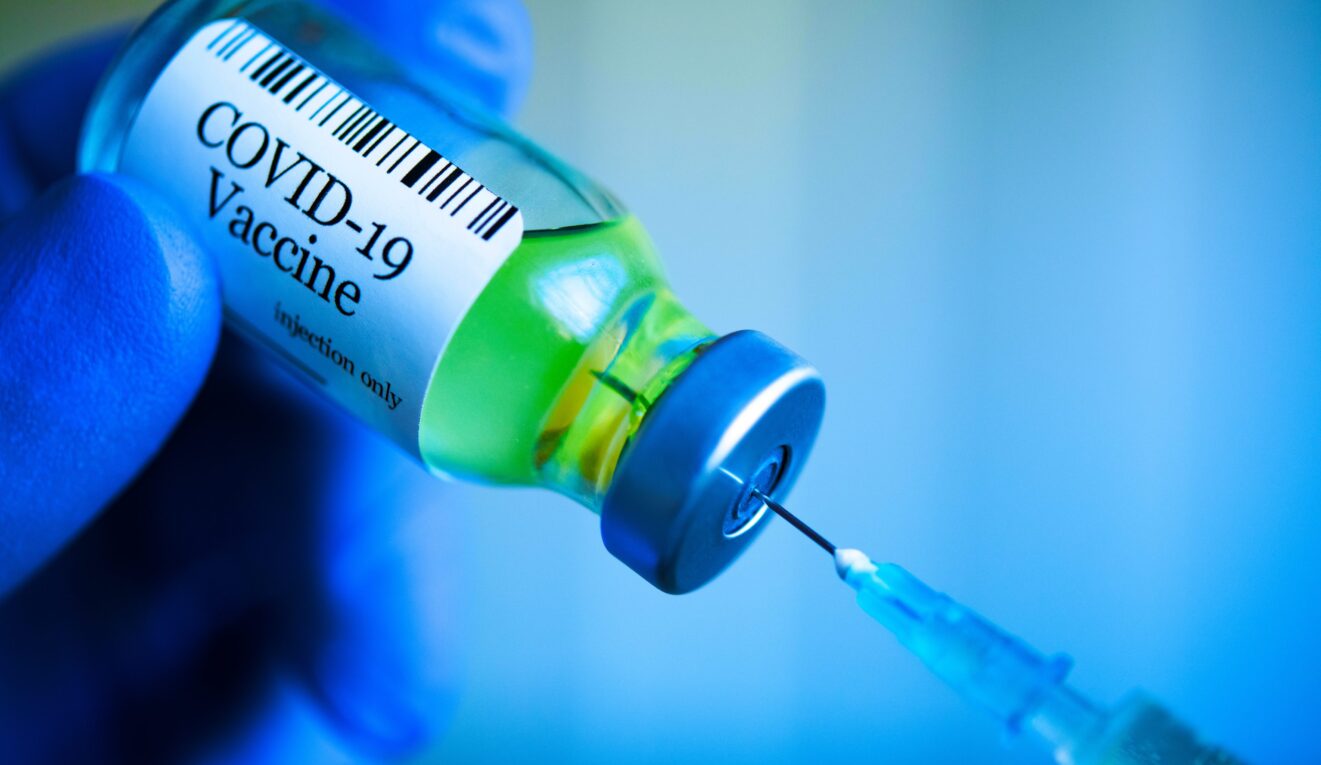Scientists at Duke-NUS Medical School have made a significant discovery in the search for effective COVID-19 vaccines. They have found a potential intranasal vaccine candidate that can provide better and longer-lasting immunity against SARS-CoV-2, the virus that causes COVID-19. This intranasal vaccine showed improved results compared to injection-based vaccines, triggering an immune response directly at the site of entry and enhancing long-term immune memory. These findings could potentially reduce the need for booster shots.
Intranasal vaccines have been shown to offer superior protection at mucosal surfaces, which can help reduce breakthrough infections and the subsequent transmission of the virus. The research team, comprised of scientists from Duke-NUS Medical School, Duke University, the National University of Singapore, and others, compared the immune responses from nasal and subcutaneous administration of the vaccine. They also studied the effects of different adjuvants, substances used to enhance the body’s immune response, on the vaccine’s efficacy.
The study, published in eBioMedicine, revealed that nasal administration of the vaccine candidate not only boosted mucosal antibody responses but also provided longer-lasting mucosal and systemic immune protection. The vaccine achieved this by promoting the production of airway-resident T cells and central memory T cells. These T cells are responsible for reducing disease severity and enhancing the immune system’s memory, leading to long-lasting protection. This potentially translates into a reduced need for booster shots, as the immune system retains the memory of the virus.
The researchers also found that the use of adjuvants influenced the characteristics of T cells and their activation and production of cytokines, which regulate cell communication and control inflammation. Different adjuvants led to different T-cell responses. Moreover, the study highlighted that a specific type of antibody, called IgG, induced through the nasal vaccine route, was more effective at neutralizing variants of the virus, including newly emergent ones. This further supports the notion that intranasal vaccines offer enhanced and longer-lasting protection against COVID-19.
While the acute phase of the pandemic may be waning, the emergence of new variants, such as JN.1, demonstrates the need for improved vaccines and treatments. The study’s findings suggest that mucosal vaccination holds promise in improving COVID-19 vaccine efficacy with potentially fewer booster shots required, according to Professor Patrick Tan, Senior Vice-Dean for Research at Duke-NUS.
A patent has been filed for the discovery, covering the formulation of the vaccine for mucosal delivery. This paves the way for potential industry partnerships to develop mucosal vaccines not only for COVID-19 but also for other pathogens that target mucosal surfaces.
The discovery of this potential intranasal vaccine candidate is a significant step forward in the fight against COVID-19. The enhanced and longer-lasting protection it offers could contribute to reducing the spread of the virus and potentially lead to a more effective vaccination strategy with fewer booster shots required. Further development and clinical trials of this vaccine candidate may provide valuable insights for improving immunity against COVID-19 and other infectious diseases that affect mucosal surfaces.
*Note:
1. Source: Coherent Market Insights, Public sources, Desk research
2. We have leveraged AI tools to mine information and compile it

